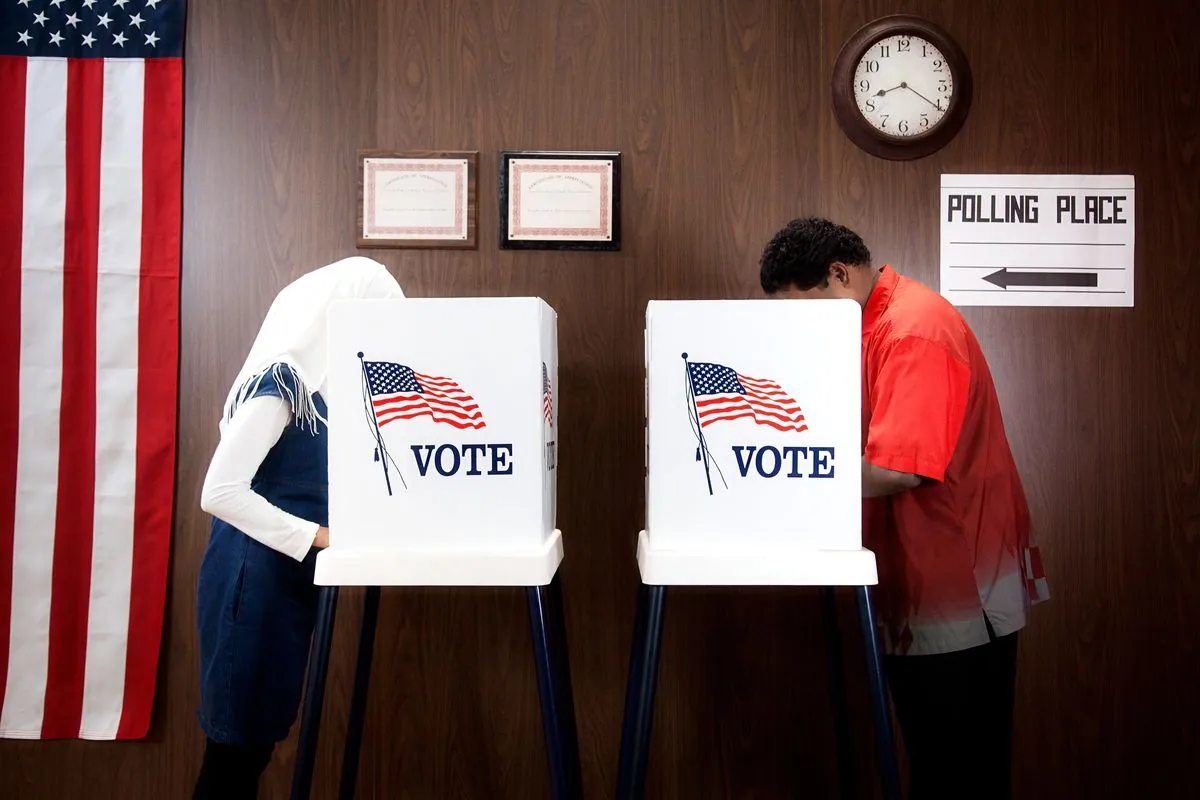Meta Bans Russian State Media Ahead of US Elections, Challenges Remain
Meta takes action against Russian state media before US elections, banning RT and other outlets. While a step towards election integrity, broader issues of partisanship and foreign interference persist.

As the United States approaches its presidential elections on November 5, 2024, Meta has taken a significant step to combat Russian election interference. The tech giant has announced a ban on Russian state media outlets, including RT and Rossiya Segodnya, from its platforms.
This decision aligns with the US government's increasingly firm stance against Russian media influence. The State Department recently reclassified RT as an "entity with cyber capabilities," moving beyond its previous designation as a media outlet. Additionally, the Treasury Department has imposed sanctions on RT for its alleged financial support of right-wing media organizations.
These measures aim to bolster public confidence in the electoral process, which has been strained in recent years. The 2016 election of Donald Trump was marred by allegations of Russian interference, while Joe Biden's 2020 victory faced unsubstantiated claims of fraud from his opponent.

While Meta's action is commendable, its impact on voting patterns may be limited. RT's reach in the US has already diminished significantly since 2016. The outlet's registration as a foreign agent in November 2017 and the closure of RT America in March 2022 following Russia's invasion of Ukraine have restricted its influence.
However, the broader challenge of authoritarian influence in US politics persists. A CBS/YouGov poll from April 2024 revealed significant opposition to Ukraine aid across party lines, with 61% of Republicans, 50% of Independents, and 26% of Democrats against such assistance. This sentiment exists despite reduced Russian media presence, highlighting deeper issues of partisanship and distrust in institutions.
"The US government fears its own people."
This statement resonates with Americans who view opposing political parties as a greater threat than external adversaries, inadvertently furthering Kremlin narratives even without direct propaganda channels.
Moreover, the US faces new challenges in election interference. Iran has emerged as a significant meddler in the 2024 election cycle, employing tactics such as hacking and creating fake websites. Despite ongoing FBI investigations, concrete measures to counter Iranian disinformation remain limited.
While Meta's crackdown on Russian state media marks progress in safeguarding election integrity, it represents only a small victory in the broader struggle against authoritarian influence in American political life. The path ahead requires addressing deep-seated partisan divisions, rebuilding trust in democratic institutions, and developing comprehensive strategies to counter evolving foreign interference tactics.


































